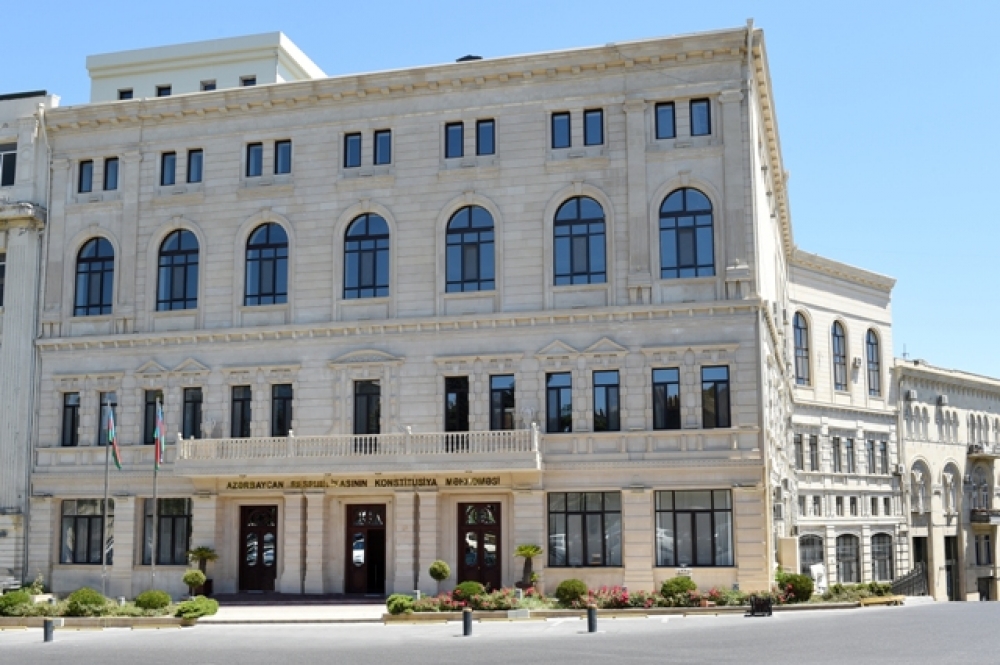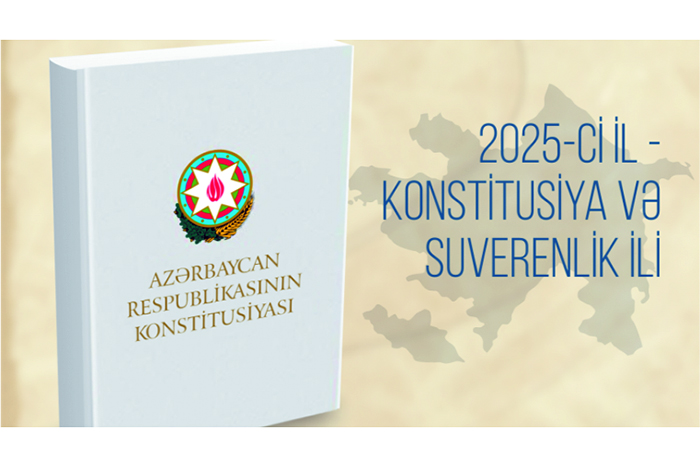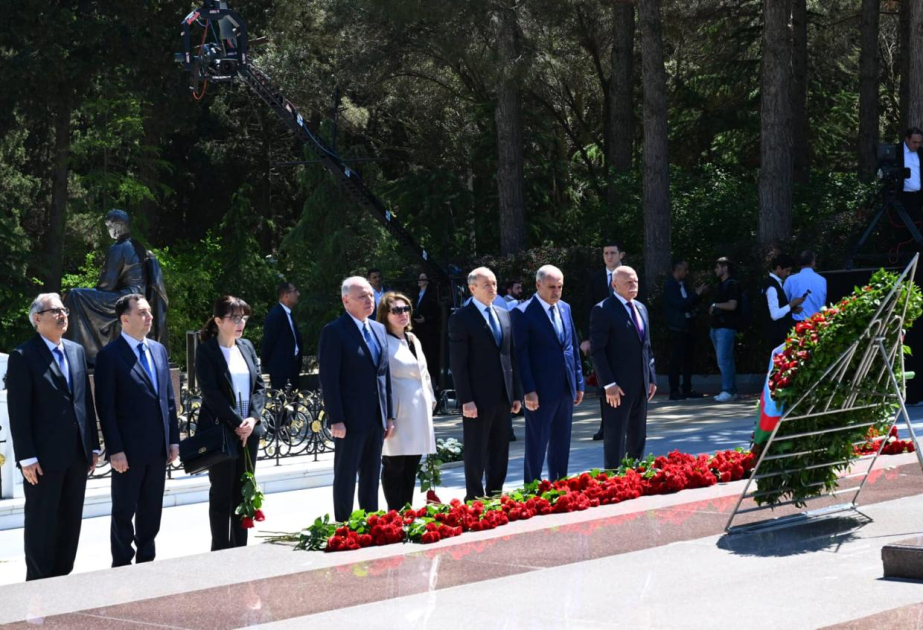14.10.2022
Plenum of the Constitutional Court of the Republic of Azerbaijan, chaired by
Farhad Abdullayev, held a session via the written procedure of
special constitutional proceedings.
At the court session was examined the constitutional
case based on the request submitted by the Court of Appeal of Ganja city on
interpretation of Articles 18.4.4 and 83.3.2 of the Criminal Code of the
Republic of Azerbaijan in terms of Articles 8, 9, 61.1.1 and 65.2 of that Code.
Having heard the report of Judge K.Shafiyev, studied and discussed reports of representatives of interested parties – Chairman of Criminal Board of the Court of Appeal of Ganja city T.Muhtarov and Head of the State Building, Administrative and Military Legislation Department of the Milli Majlis (Parliament) H.M.Seyid, conclusions of specialist – Chairman of the Criminal Board of the Supreme Court H. Nasibov, Chairman of the Criminal Board of the Court of Appeal of Baku city E.Ragimov, Head of the Department of Legal Support and Human Rights of the Prosecutor General's Office A.Osmanova, members of the Bar Association of the Republic of Azerbaijan Sh. Mamedov and B.Mamishov; opinion of expert – Head of the Department of Criminal Law and Criminology, Faculty of Law, Baku State University, Doctor of Law, Professor Sh.Samedova the Plenum of Constitutional Court of the Republic of Azerbaijan adopted decision.
The decision states that Article 18.4.4 of the
Criminal Code of the Republic of Azerbaijan provides for only punishments
caused by a criminal record not related to imprisonment.
According to the content of Articles 18.4 and 83.4-1 of
the Criminal Code of the Republic of Azerbaijan, if a person sentenced to other
types of punishment, in addition to deprivation of liberty for a combination of
crimes or punishments, repeatedly commits a deliberate crime during the period
of a criminal record that has not been extinguished or dismissed, then his/her
act creates a recurrence of the crime.
The decision comes
into force from the date of its publication, is final, and may not be
cancelled, changed or officially interpreted by any institution or official.




















